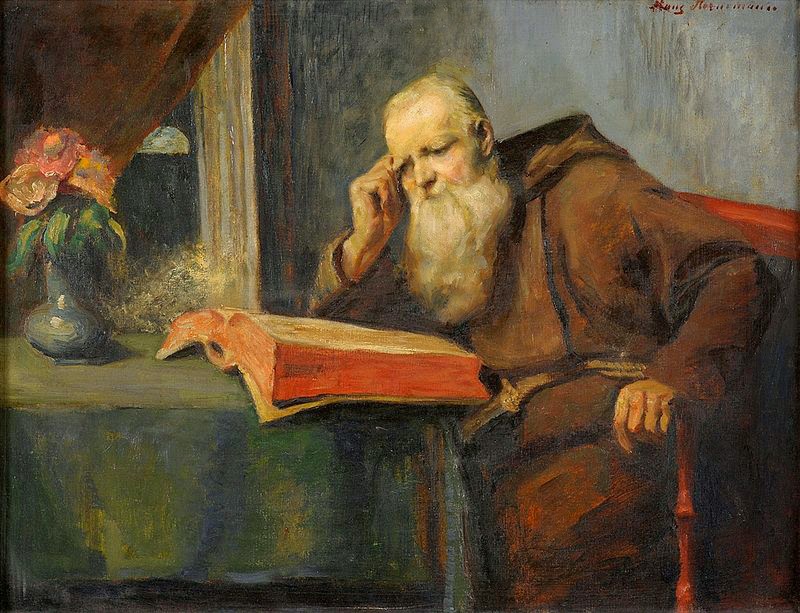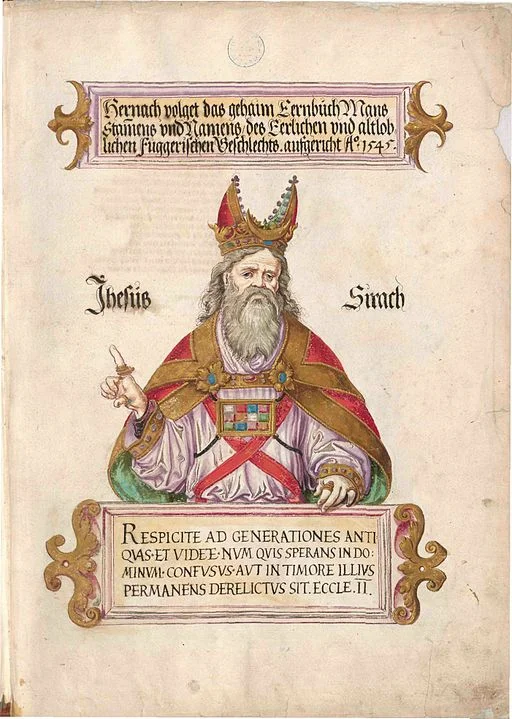"There is, in short, a an important but small subset of the Law that many ancient Jews, in the second temple and rabbinic periods, believed to be self-evidentially rational."
Read MoreDivine Law in the Container Store
Row of Amphorae (Ad Meskens, Bodrum Castle Turkey)
Row of Amphorae (Ad Meskens, Bodrum Castle Turkey)
Dr. Beth Berkowitz reviews Hayes' What's Divine About Divine Law with a "Container Store" worthy synopsis and explores the modern relevance of Hayes' work in the recent Supreme Court ruling on Same-Sex Marriage.
Read MoreBook Note | Late Ancient Knowing
"What these essays offer instead are provocative and stimulating inroads into the task of recognizing just how different the late ancient world may have actually been."
Read MoreRetrospective | Jorunn J. Buckley
"Most of my contributions to Mandaean studies engage topics in Mandaean texts for these topics’ own sake. That means trying to take the literature on its own terms, in accordance with its own religious logic, and avoiding flights into the hallowed sanctuaries of comparisons."
Read MorePaul is Dead. Long Live Paulinism! : Imagining a Future for Pauline Studies
"When I think of what it would take to make Pauline studies fun, I am drawn to one simple idea: we have to kill Paul.”
Read MoreBook Note | The Literary Imagination in Jewish Antiquity
Jillian Stinchcomb booknotes Eva Mroczek's The Literary Imagination in Jewish Antiquity, developing how Mroczek "presents a convincing native theory of text production."
Read MoreBook Note | Power, Ethics, and Ecology in Jewish Late Antiquity
"By destabilizing the observer’s gaze, the Babylonian Talmud provides a means to counter outsider perceptions of the relationship between the Jews and their God."
Read MoreDissertation Spotlight | Travis Proctor
Despite their general agreement regarding demonic pervasiveness, Christian writers often disagree concerning the nature of the demonic, particularly vis-à-vis the demons’ physical appearance and substance.
Read MoreDissertation Spotlight | Phillip Webster
Psukhai that Matter: The Psukhē in and behind Clement of Alexandria’s Paedagogus aims to investigate the ideology and mechanics of the ancient soul’s materiality.
Read MoreCharity in Rabbinic Literature
A reflection on the contribution of scholars working on rabbinic charity and some of the methodological problems they have faced.
Read MoreAJR Charity Forum: a Response
Dr. Michael Satlow responds to the AJR Charity forum, concluding "we can no more speak of 'the' rabbinic view of charity than we can of “the” rabbinic view of anything else."
Read MoreCharity in Ancient Judaism: Problems and Prospects
Dr. Gregg Gardner describes the tannaitic attention to the dignity of the poor, while insisting "The earliest rabbis were simply not as altruistic as many people today would like them to be."
Read MoreModels of Rabbinic Charity
Dr. Yael Wilfand surveys models of rabbinic charity and suggests that "at least some of the notions and practices mentioned in this corpus seem to have been accepted and engaged beyond rabbinic circles."
Read MoreReading Charity Texts: On Intertextuality and Social History
Dr. Alyssa Gray reflects on her contributions to the field of rabbinic charity and urges scholars to "take rabbinic intertextuality and the creation of texts out of other texts very seriously."
Read MoreHylen - A Modest Apostle: Thecla and the History of Women in the Early Church
Since the 1980s, the story and figure of Thecla have featured in vibrant currents in scholarship. This new publication brings a fresh perspective to Thecla’s depiction in light of social expectations for women in the Greco-Roman world.
Read MoreDissertation Spotlight | Noah Bickart
"This project investigates the meaning and usage of a particular set of linguistically related Talmudic terms in order to show how and in what cultural context the Talmud began to take shape in the emerging scholastic centers of rabbinic learning in late Sassanian Babylonia."
Read MoreIdentity, a Way Forward (Perhaps)
Dr. Todd Berzon tackles the ambiguity of identity and suggests "the use of identity operates to conceal analysis rather than illuminate it. The term is not simply under-explained (and under-theorized), but its imprecision hints at a more fundamental problem: identity usually means something else entirely."
Read More“The Most Daring Blasphemy”: Getting Students to Think Critically About Extra-Canonical Texts
Dr. Sarah Rollens turned a final paper assignment into a rhetorical exercise in canon formation.
Read More

![Mandaean Incantation Bowl By Daderot (Daderot) [CC0 or CC0], via Wikimedia Commons](https://images.squarespace-cdn.com/content/v1/5449167fe4b078c86b41f810/1478699091019-EGE9UO8H23CEULYPFVRB/image-asset.jpeg)












